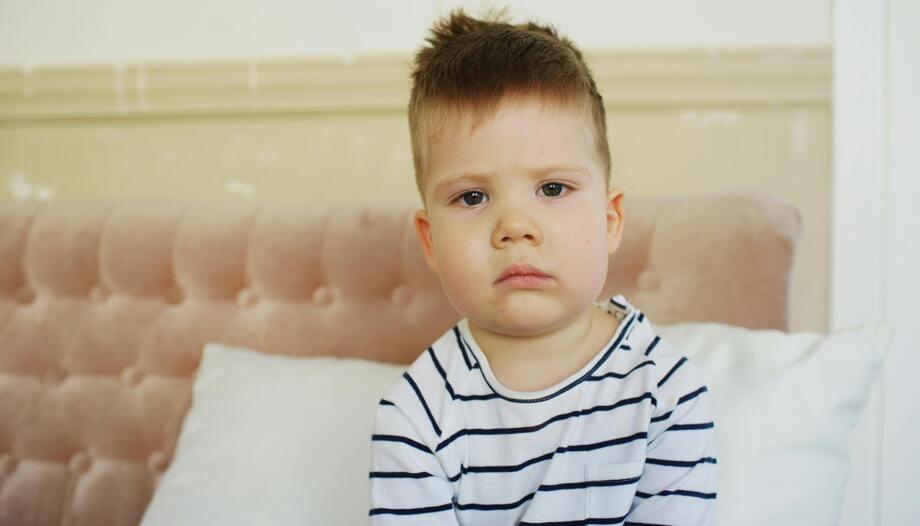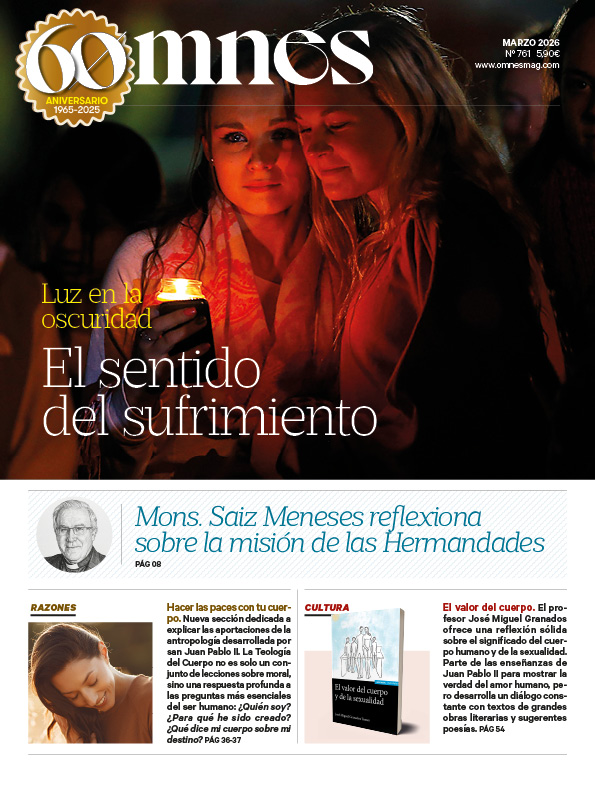"Mommy, I'm not your colleague, I'm your son! The phrase, with a plaintive tone and half a tongue, was uttered by a baby, just over two years old, from the folding seat of the shopping cart at the supermarket. He was responding to his mother who was trying to converse with him as an equal.
I was surprised by the maturity of the expression of such a small child. His loquacity, the tone of his voice and the way he gesticulated were totally premature. They were not even adult forms, they were old man's! He was really angry because his mother did not understand that it is not normal for her to use the same tone with him that she would use to talk to the neighbor; and that it is also not normal for her to burden him with the responsibility of deciding whether to take the bargain yogurts for dinner or the gourmet desserts that are reserved for special occasions. "How should I know, Mom, I'm a peek-a-boo kid," he ended up telling her, didactically separating the syllables. The scene saddened me greatly because the mother, dressed in an outfit of instagramer I really hoped to find the complicity of her son, who seemed to be much more enlightened than she was.
The phenomenon of parentification
When I got home, I came across a newspaper report that talked about "parentification," a psychological phenomenon in which a child assumes adult roles and responsibilities, especially within the family environment. Instead of being cared for, the child becomes an emotional, physical or practical caregiver for parents, siblings or other adults. Experts say that this breaks the natural order of development, because the child ceases to be a child to take care of matters that do not correspond to him or her.
It is one more symptom of the deconstruction of the family that we have been witnessing in the last half century. The student revolt saw the family structure as a repressive institution that perpetuated authoritarianism and ideological control from childhood, proposing an egalitarian educational model based on dialogue and freedom. The problem is that, by wanting to do away with parental authoritarianism - an extreme that is, of course, reprehensible - what has been achieved is to do away with all authority, inverting roles and thus leaving a generation of orphaned children, even though they have fathers, since they do not act as such.
Many of the problems that teachers encounter in the classroom today have to do, not with children who are incapable of paying attention, of obeying orders from their superiors or of being responsible for their work, since these are normal deficiencies in the infant stage that give meaning precisely to the school system, but with the fact that it is the parents of these children who do not have the necessary authority to educate them in this way, since they themselves do not have the competence to assume their parental responsibility.
Parents who have not had parents
Parenting is hard, no matter how idyllic the influencers of the moment make it seem. Parenting is hard. Parents who love their children cannot leave the responsibility of educating them to those who are not. schools. To be parents is to live for others, to give up your tastes, your time, even the affection of your children when you have to correct them. A child is not a fashion accessory, it is a person who needs, like the little tree, a tutor firmly anchored to the ground, not to be carried away by any breeze. A happy child needs parents who speak to him like a son, adapting their language to his age and capacity for understanding; a happy child needs parents who tell him (because he does not know) what is right and what is wrong; a happy child needs to be listened to, yes, but as a son who, although he has much to contribute, still has more to learn.
Many of today's parents have grown up with no one to tell them "no"; with no one to help them find their way because "he will decide that when he is older"; with no responsibility to carry the burden of work, the couple or the children because the backpack was carried by the parents; and without self-esteem, because they were accustomed to receive only free likes at home, but in the street no one gives them if not in exchange for something.
Perhaps, having deprived those who are parents today of fathers, we have forced them to look for those lost fathers in their own children. And the fact is that, as much as it may bother those who wrote that graffiti "forbidden to prohibit", assuming the role of traditional parents is not authoritarianism, it is called loving.
Journalist. Graduate in Communication Sciences and Bachelor in Religious Sciences. He works in the Diocesan Delegation of Media in Malaga. His numerous "threads" on Twitter about faith and daily life have a great popularity.








